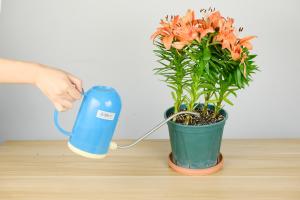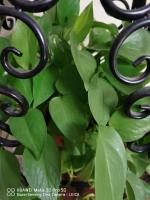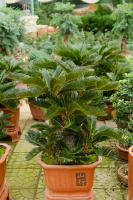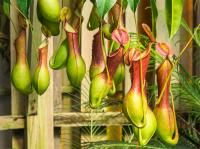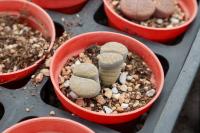How to use vinegar when the leaves turn yellowSoil irrigation
Gardenia, jasmine and fortune trees have yellowing and wilting leaves, which may be caused by too strong soil alkalinity, which can be adjusted with vinegar
Usage and dosage:
Dilute the salt free vinegar 50 times and water the soil to adjust the soil pH and promote plant growth
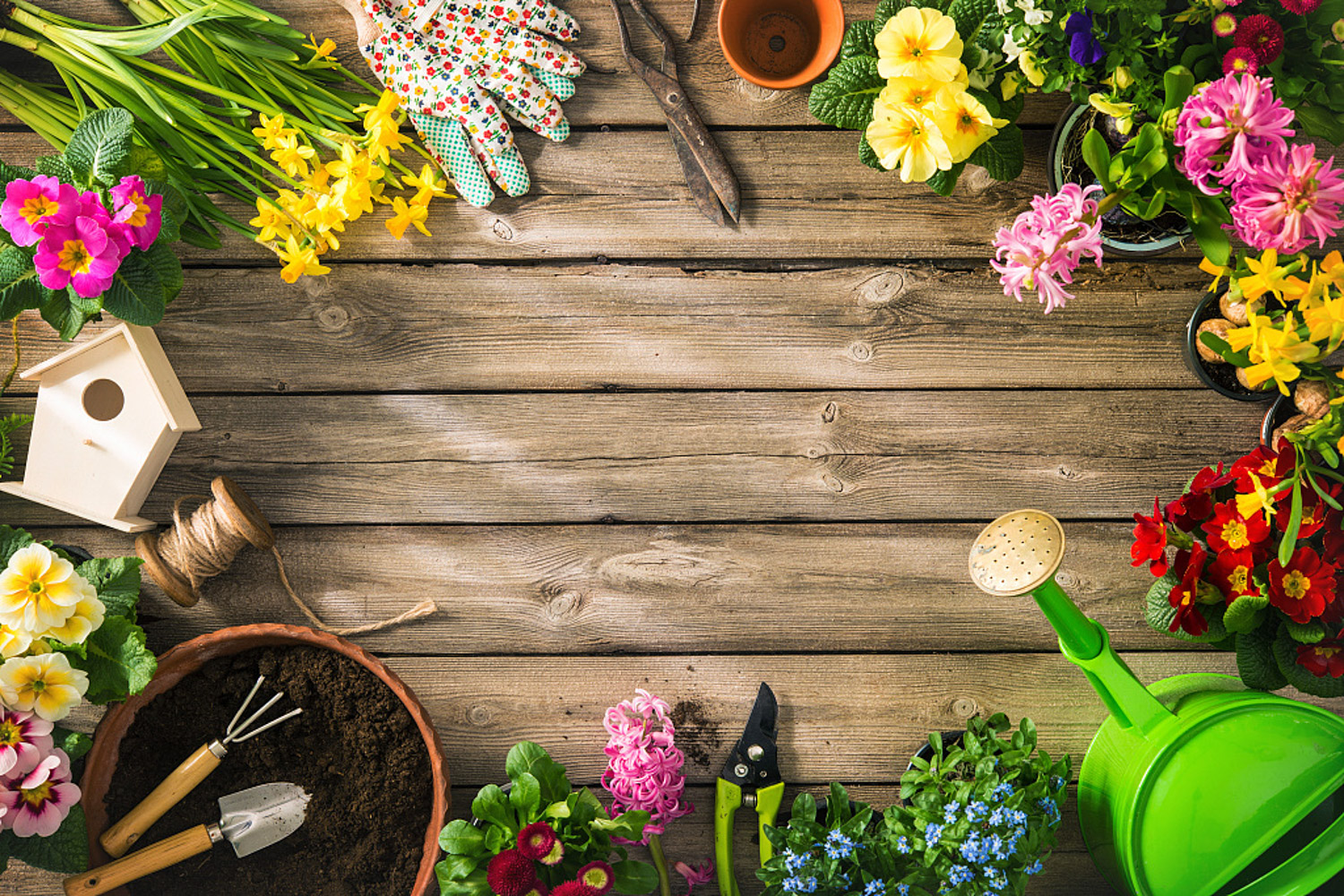
Black leaves, how to use vinegarSpray leaf
The leaves of green pineapple and ivy are black, and the more they are raised, the dirtier they are. It also affects the viewing. In fact, it is lack of nutritional shadow. Spraying a little vinegar will immediately make them green and shiny
Usage and dosage:
Dilute the vinegar with water 300 times, spray it on the leaves in the morning or evening, once every 10 days or so, 4 ~ 5 times in a row, and the longer and greener the leaves will be
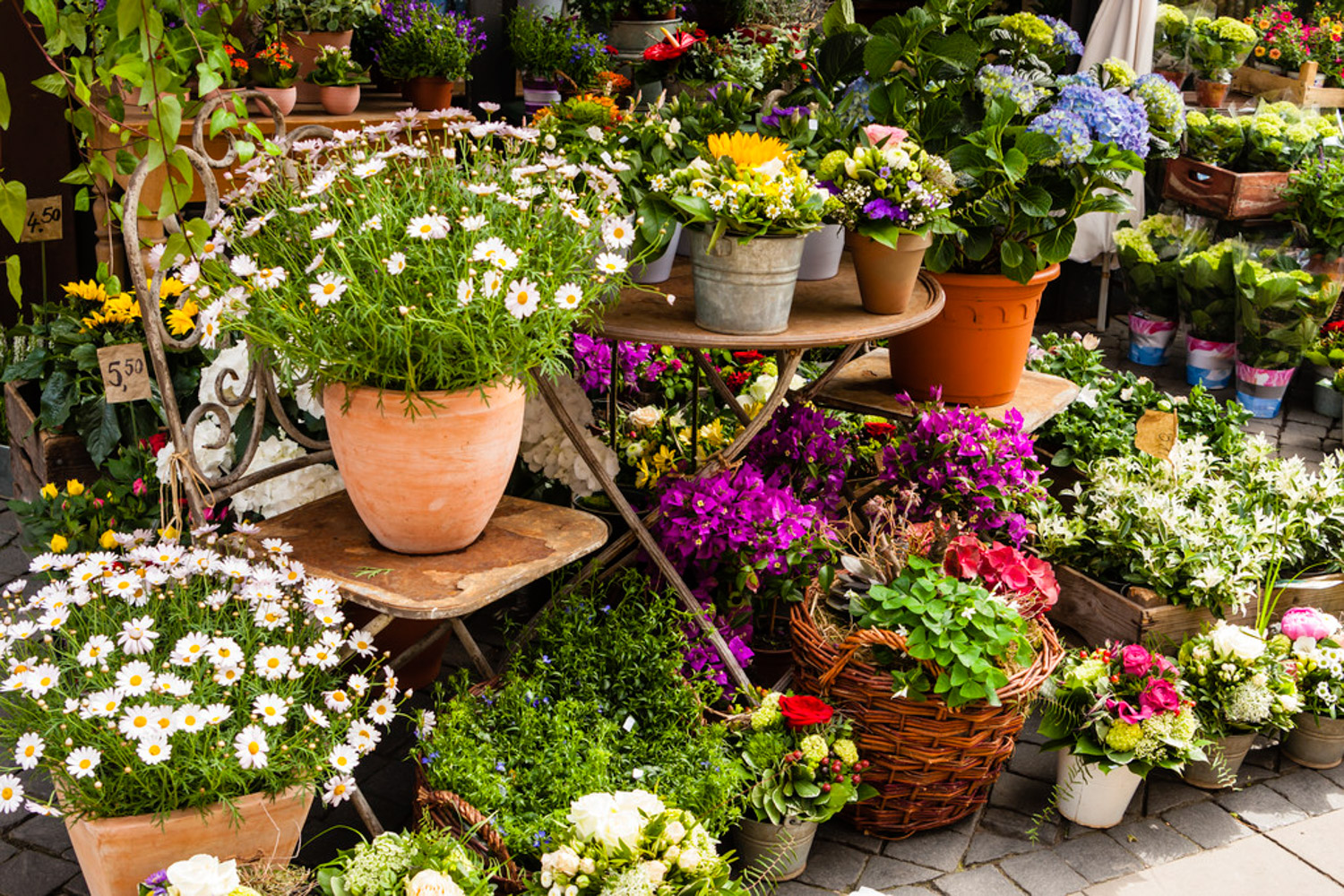
Plants are short. How to use vinegarSpraying the whole plant
During the maintenance of Camellia, jasmine and rose, plants grow slowly, leaves are small and flower buds are few. You can spray vinegar to promote growth and development
Usage and dosage:
With 300 times diluted vinegar solution, spray the plant before bud pregnancy and once every 15 days or so, which can increase the leaves and branches and the amount of flowers
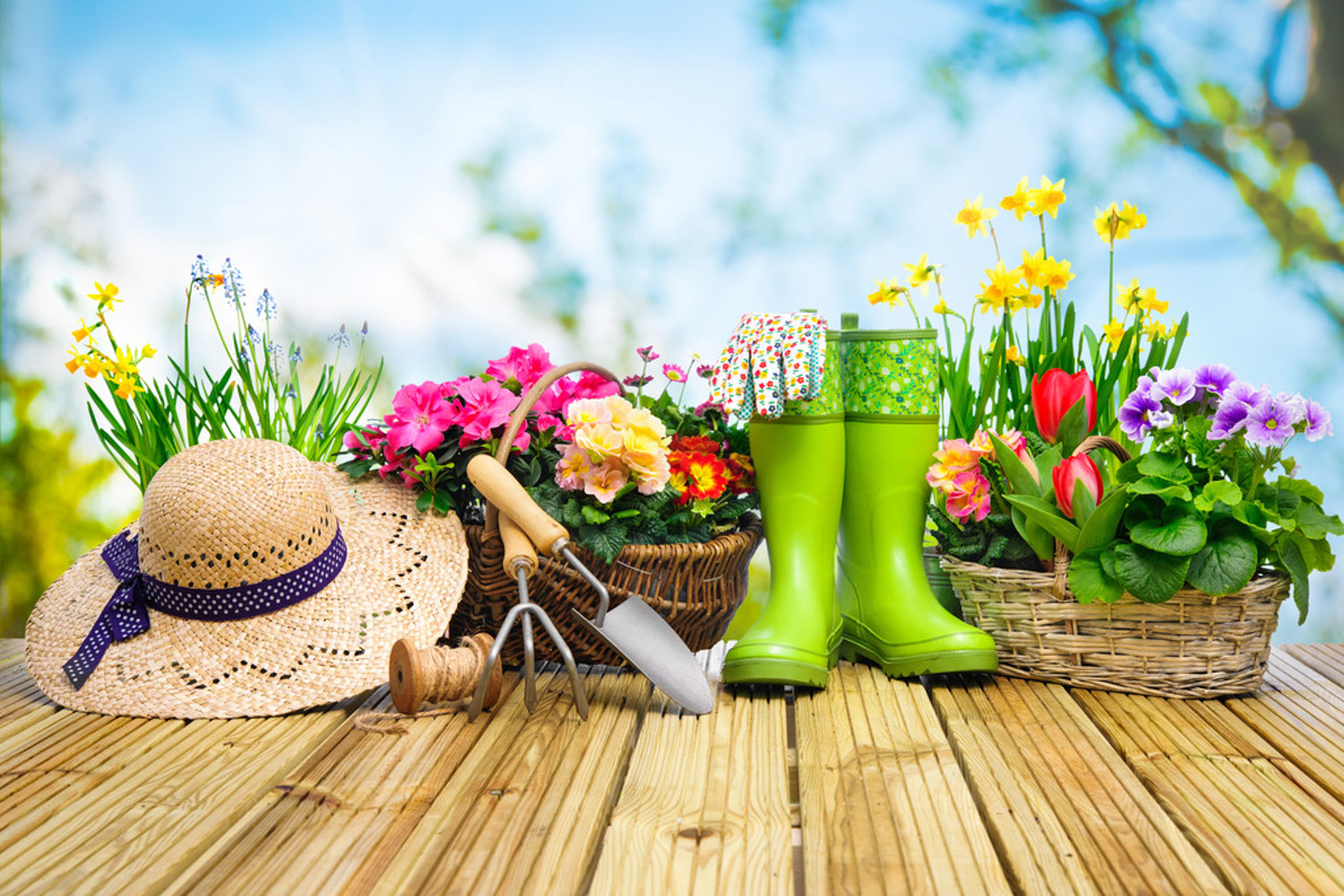
How to use vinegar for pest infectionSpraying pest parts
In summer, rose is easy to be infected with powdery mildew, Rhododendron is easy to be infected with black spot, rose and peony are easy to be infected with bituminous coal disease, including other downy mildew and leaf spot, which can be controlled with vinegar
Usage and dosage:
Dilute the vinegar 150 times and spray it on the pest site once a week, preferably in the morning or evening. It can be effectively controlled 3 ~ 5 times in a row
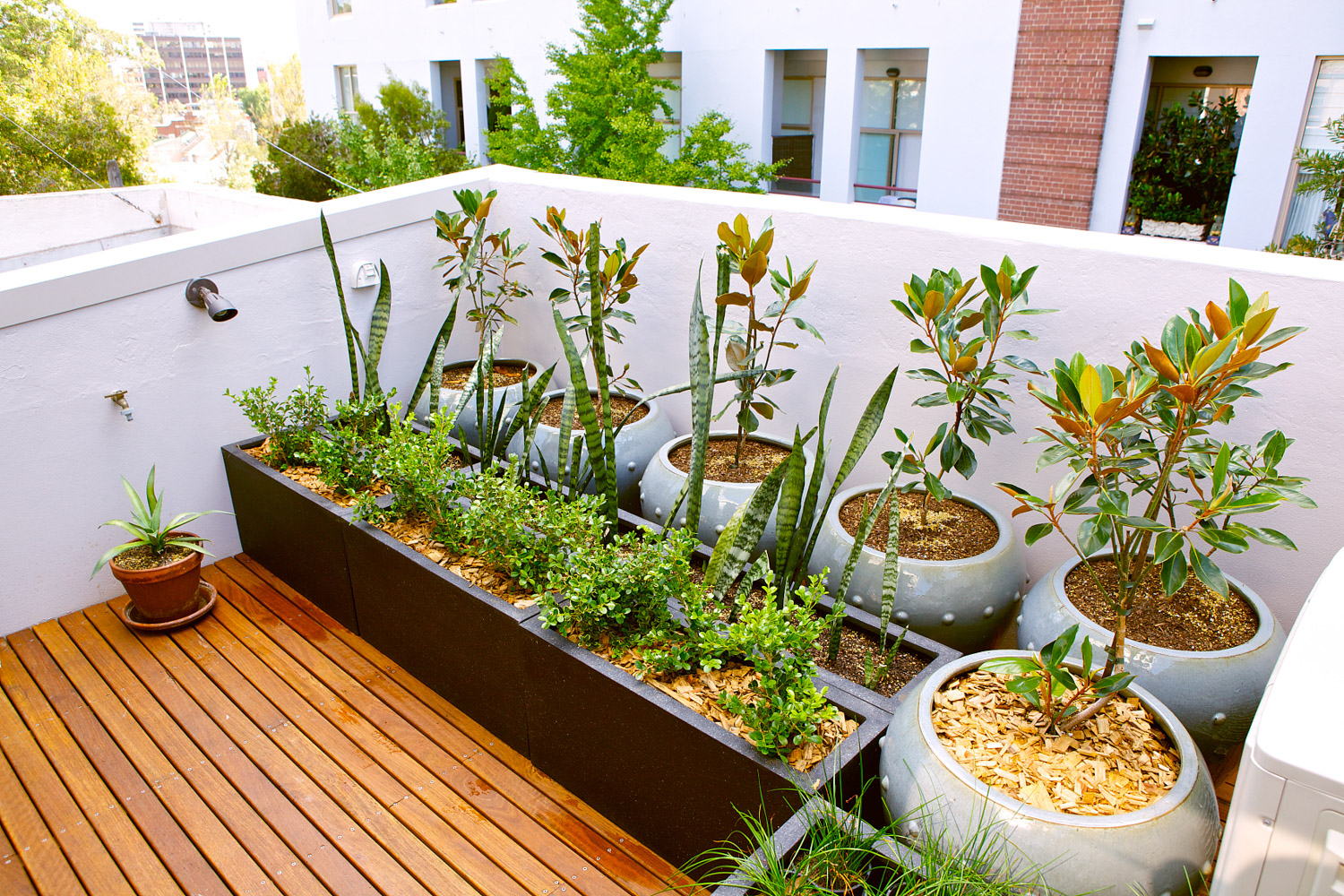
After fertilization, the odor is heavy. How to use vinegarSoil irrigation
When you raise flowers indoors in summer, after applying organic fertilizer, the smell will spread all over the room. If you pour an appropriate amount of vinegar, you can eliminate the smell and sterilize
Usage and dosage:
Add a few drops of vinegar solution diluted more than 50 times into the liquid fertilizer, and the peculiar smell can be eliminated after watering the soil
Note: Huahua reminds you that you must first find out whether your flowers like acidic soil or alkaline soil. Don't use vinegar indiscriminately for alkali loving plants such as cactus and pomegranate
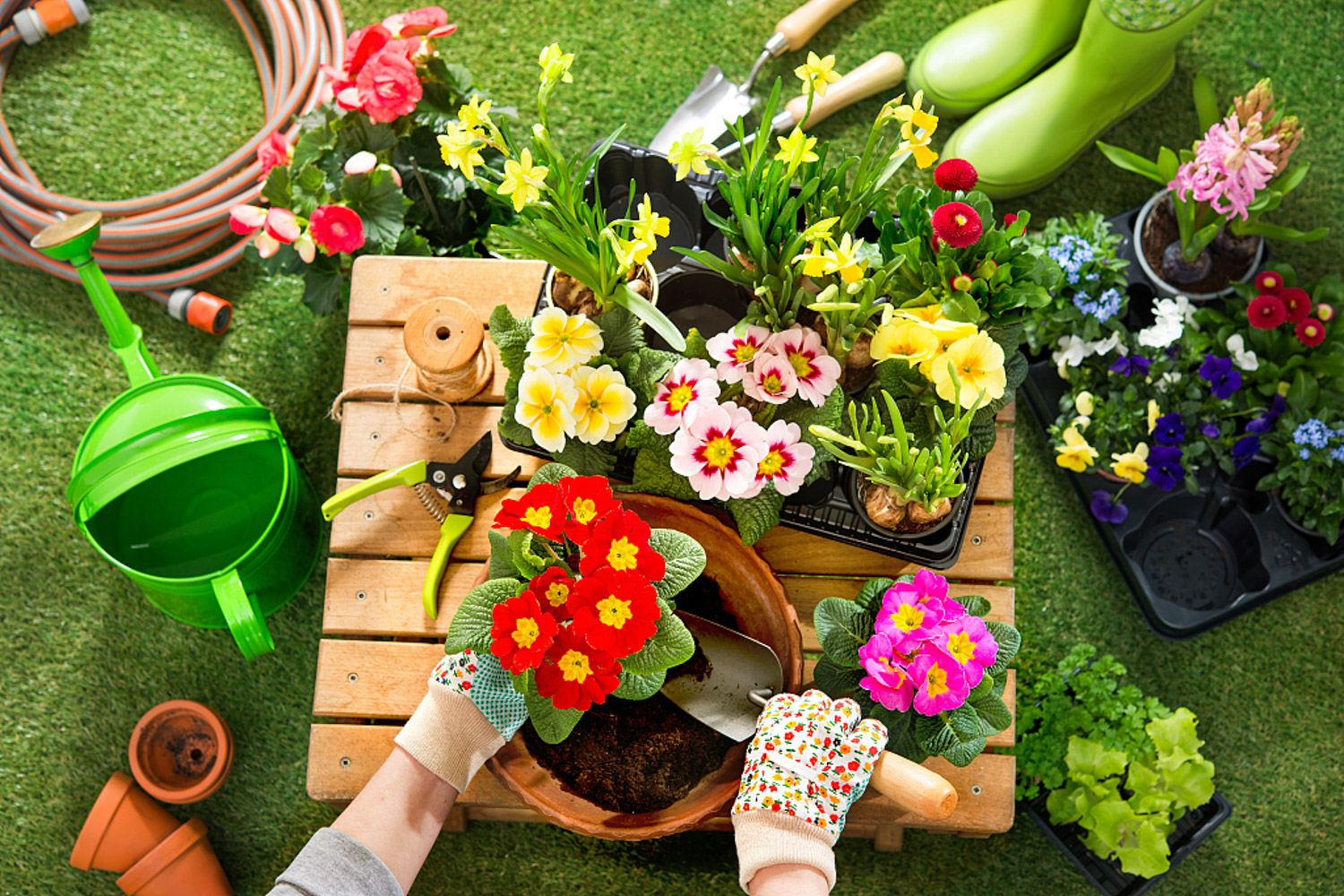
Flower friends, there are so many wonderful uses of vinegar
Look at your flowers. Do you need some vinegar

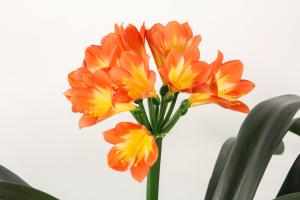 What is the reason f...
What is the reason f...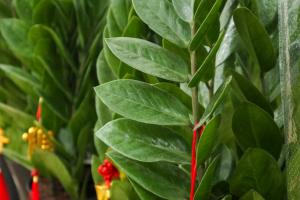 The "money tree...
The "money tree...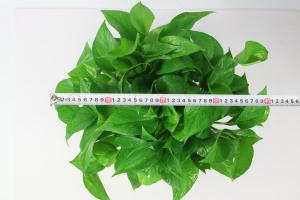 What is the reason f...
What is the reason f...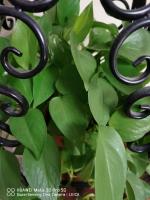 Will the green pinea...
Will the green pinea...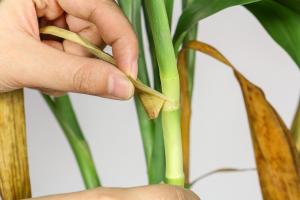 Why does Fuguizhu ha...
Why does Fuguizhu ha...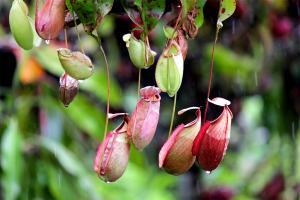 What about the rotte...
What about the rotte...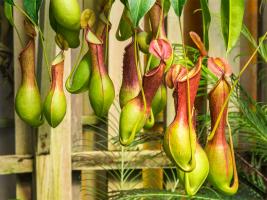 Characteristics of r...
Characteristics of r...

